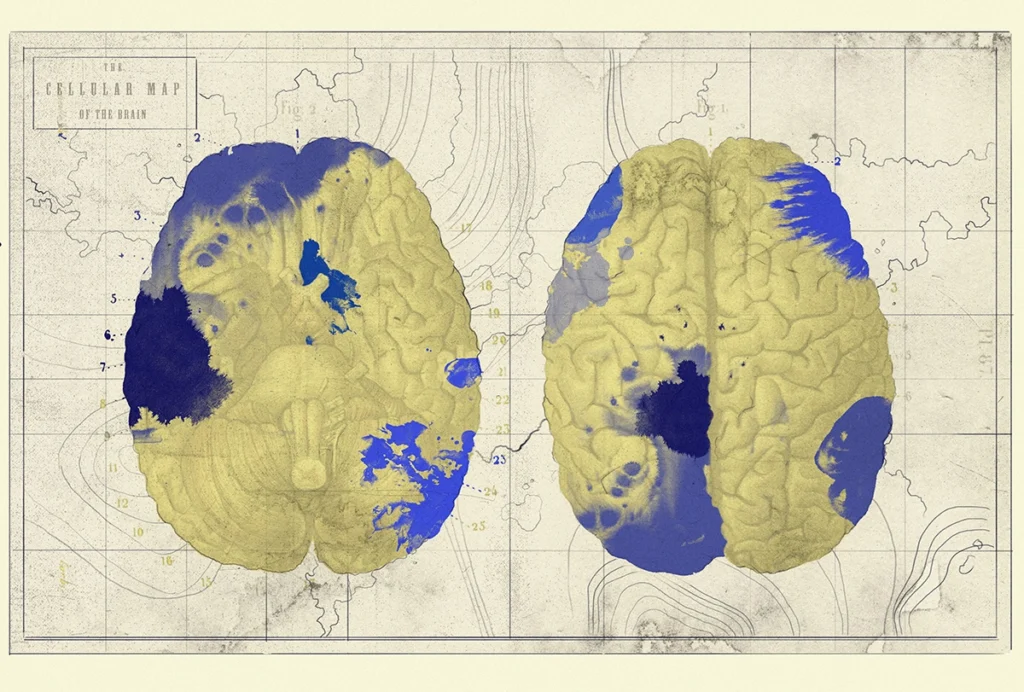Mike Hawrylycz joined the Allen Institute for Brain Science in Seattle, Washington, in 2003 as director of informatics and one of the institute’s first staff. His group is responsible for developing algorithms and computational approaches in the development of multimodal brain atlases, and in data analysis and annotation. Hawrylycz has worked in a variety of applied mathematics and computer science areas, addressing challenges in consumer and investment finance, electrical engineering and image processing, and computational biology and genomics. He received his Ph.D. in applied mathematics at the Massachusetts Institute of Technology and subsequently was a postdoctoral researcher at the Center for Nonlinear Studies at the Los Alamos National Laboratory in New Mexico.

Michael Hawrylycz
Investigator
Allen Institute for Brain Science
From this contributor
Knowledge graphs can help make sense of the flood of cell-type data
These tools, widely used in the technology industry, could provide a foundation for the study of brain circuits.

Knowledge graphs can help make sense of the flood of cell-type data
Explore more from The Transmitter
Neuro’s ark: Spying on the secret sensory world of ticks
Carola Städele, a self-proclaimed “tick magnet,” studies the arachnids’ sensory neurobiology—in other words, how these tiny parasites zero in on their next meal.

Neuro’s ark: Spying on the secret sensory world of ticks
Carola Städele, a self-proclaimed “tick magnet,” studies the arachnids’ sensory neurobiology—in other words, how these tiny parasites zero in on their next meal.
Autism in old age, and more
Here is a roundup of autism-related news and research spotted around the web for the week of 2 March.

Autism in old age, and more
Here is a roundup of autism-related news and research spotted around the web for the week of 2 March.
Lack of reviewers threatens robustness of neuroscience literature
Simple math suggests that small groups of scientists can significantly bias peer review.

Lack of reviewers threatens robustness of neuroscience literature
Simple math suggests that small groups of scientists can significantly bias peer review.